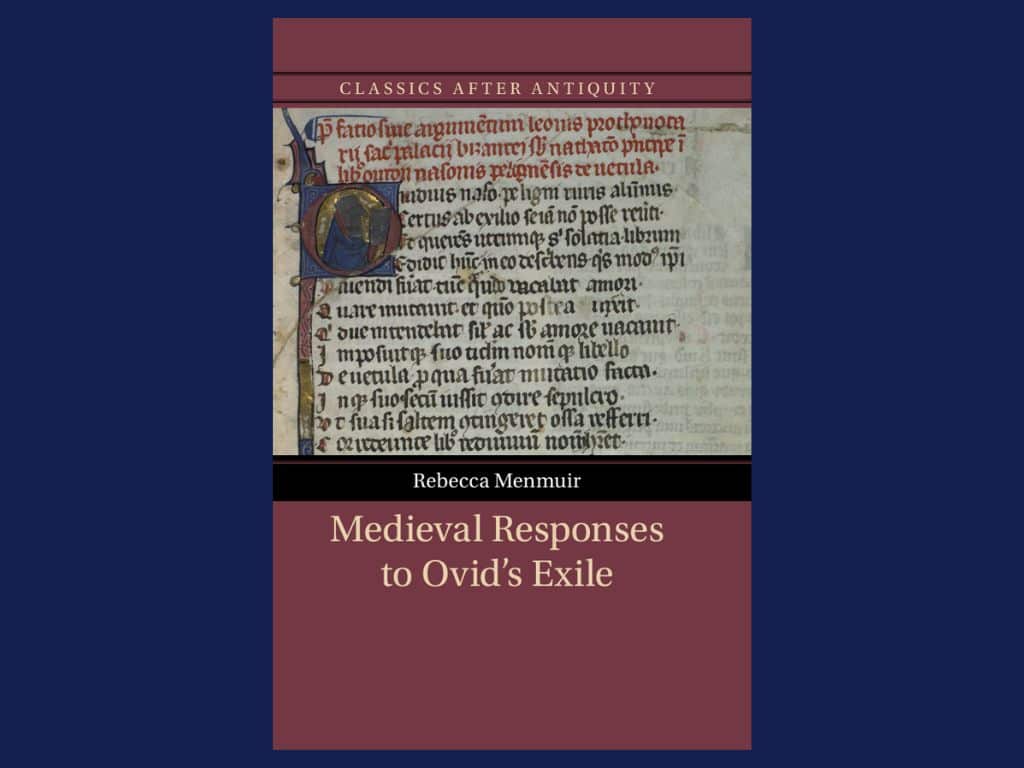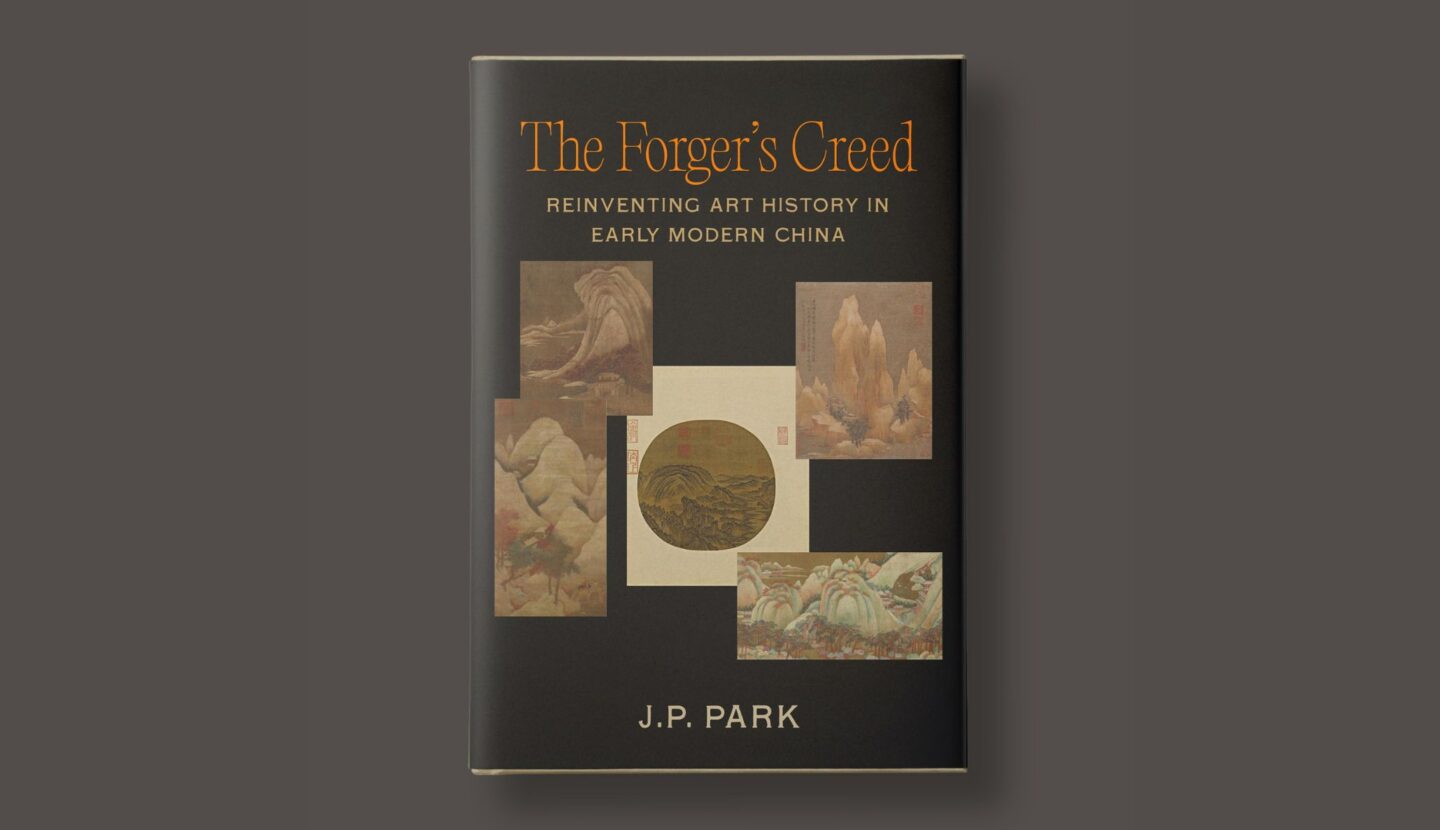
We are proud to announce the publication of Medieval Responses to Ovid’s Exile by Dr Rebecca Menmuir, Simon and June Li Fellow in English Literature at Lincoln. Published with Cambridge University Press, Dr Menmuir’s first monograph investigates the medieval reception of one of the most popular – and infamous – authors of all time, Ovid (43 BC–17/18 AD). She finds a medieval culture extremely invested in the circumstances of Ovid’s exile and the poetry (mostly letters) which he wrote from Tomis on the Black Sea, where he was to remain until his death.
In Ovid, medieval audiences found profound inspiration, both to articulate their own experiences of exile and to imagine themselves as marginalised figures. Take the ninth-century author Modoin writing to his exiled friend Theodulf, who had been implicated in a plot against Charlemagne’s son. ‘Do you not know that Ovid endured long years of suffering? Innocent, he was exiled on account of envy…’ . Theodulf, himself a fan of Ovid, must have taken heart from the similarities between his miserable situation and that of his favourite author.
Medieval Responses to Ovid’s Exile explores moments like these, where Ovid’s exile is embedded into medieval writers’ lives and works. The book ranges across the variety of contexts where the exile poetry made itself known, from the medieval schoolroom (where schoolboys learnt to read and write by imitating Ovid), to the monasteries (where monks pieced together excerpts of Ovid), to the works of two medieval English poets who were deeply influenced by the exilic Ovid: John Gower and Geoffrey Chaucer. Ovid is revered, condemned, censored, and even made a Christian in his metamorphosis for a medieval age.
Dr Menmuir said: "While it may not seem enjoyable to write a book on poetry from exile – Ovid complains endlessly, about the cold, his neighbours, and above all the injustice of it all – it was great fun to trace the influence of a poetic mindset through hundreds of years of literary history. The Epilogue ties in to the book I am working on currently at Lincoln, focusing on medieval forgeries of Ovid, where medieval audiences respond even more outlandishly to Ovid’s life and works."
Medieval Responses to Ovid’s Exile is available to buy from Cambridge University Press by clicking on the button below and you can email Rebecca Menmuir for an exclusive 20% off discount code.
